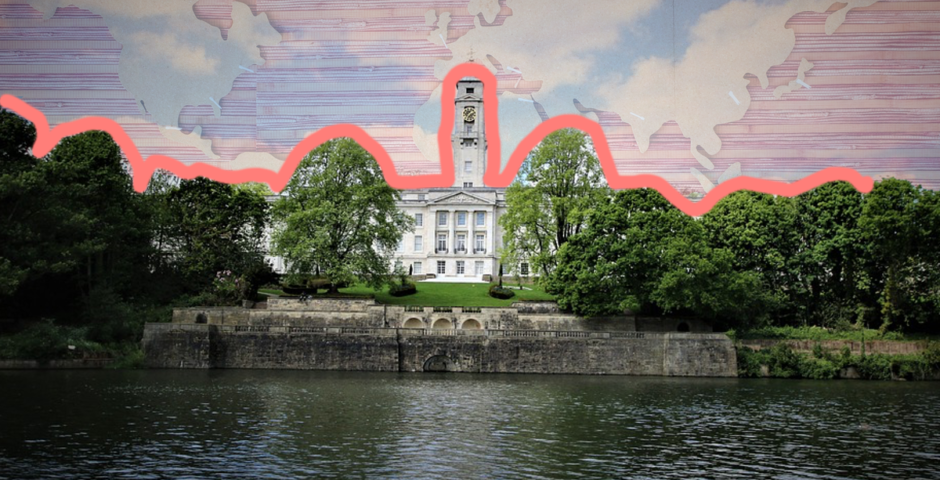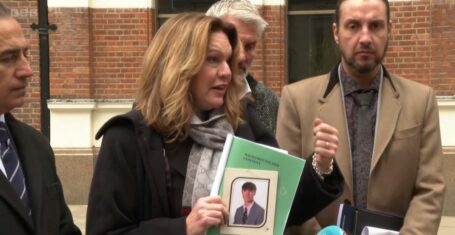
Decolonising the curriculum: how UoN is incorporating diversity into its courses
A look into what has been done so far at the uni, as we celebrate Black History Month.
Black and ethnic minorities in Britain continue to be underrepresented and missed within educational institutions, in everything from reading lists to culturally conscious mental health support.
Since Black History Month was first proposed at Kent State University, USA, in February 1969 (and first celebrated in the UK in October 1987), inclusion of diversity among all aspects in university has grown.
The Nottingham Tab investigated what UoN has done so far in order to include Black history and Black celebration into its culture and here’s what we found out:
Music
Music have begun teaching about Black musicians with more focus.
A new module, introduced by the department, focuses on the origin and styles of different culturally inclined music of different stylistic features – most importantly, paying credit to the musicians that pioneered them. The course is aligned with the recent BBC documentary, Black Classical Music: A Forgotten History with students being encouraged to view.
For students interested in the topic, a Black History Month Jazz event has been organised at Peggy’s; its livestream can be watched on Facebook.
Theology
Theology and Lit also have a module this year from the 1st years called African Indigenous Religions in Western Religion which will introduce features of religion that originate from the African continent. It examines commonalities and important differences between traditions will help students recognising the important of orality in these traditions and the way in which African religions today are defined by tradition and innovation.
English
The School of English are trying to improve and raise awareness in their department, too.
They have their own challenge and change group that meet to discuss how to raise awareness and find diversity inside their subject. The student reps discuss Equality, Diversity and Inclusion.
Meanwhile, attempts are being made to diversify reading lists; there is a greater effort to utilise published works from authors of under represented groups.
Geography
Only seven in 1000 Geography professors identify as Black.
As such, Geography have set themselves a challenge to get a 1000 people to donate £7 to Black Geographers.
They are also highlighting some important work done by campaigners. Students can find out more at www.blackgeographers.com.
Liberal Arts
Liberal Arts are hosting a selection of online panels, asking the questions of: Is the University Colonial?: Critical Conversations on It’s Past and What is the “Black Student Experience?”.
Staff and students also have an ongoing conversation on decolonising the curriculum – the department of Cultures, Languages and Area Studies is organising a “Equality, Diversity and Inclusion Curriculum Task Force” of students to evaluate modules – and there is a “Reading for Change” email group which lists prominent scholars and their writing on racism, ethnicity and structural inequality.
The university itself is also running a host of events and students can find more information about these here.
These steps taken by the university are small ways in which Black History Month and its values have been integrated into the university. From reading lists to new modules, the university departments are beginning to raise awareness for this important month.
There, hopefully, will be much more to come; there is much more to be done.









































